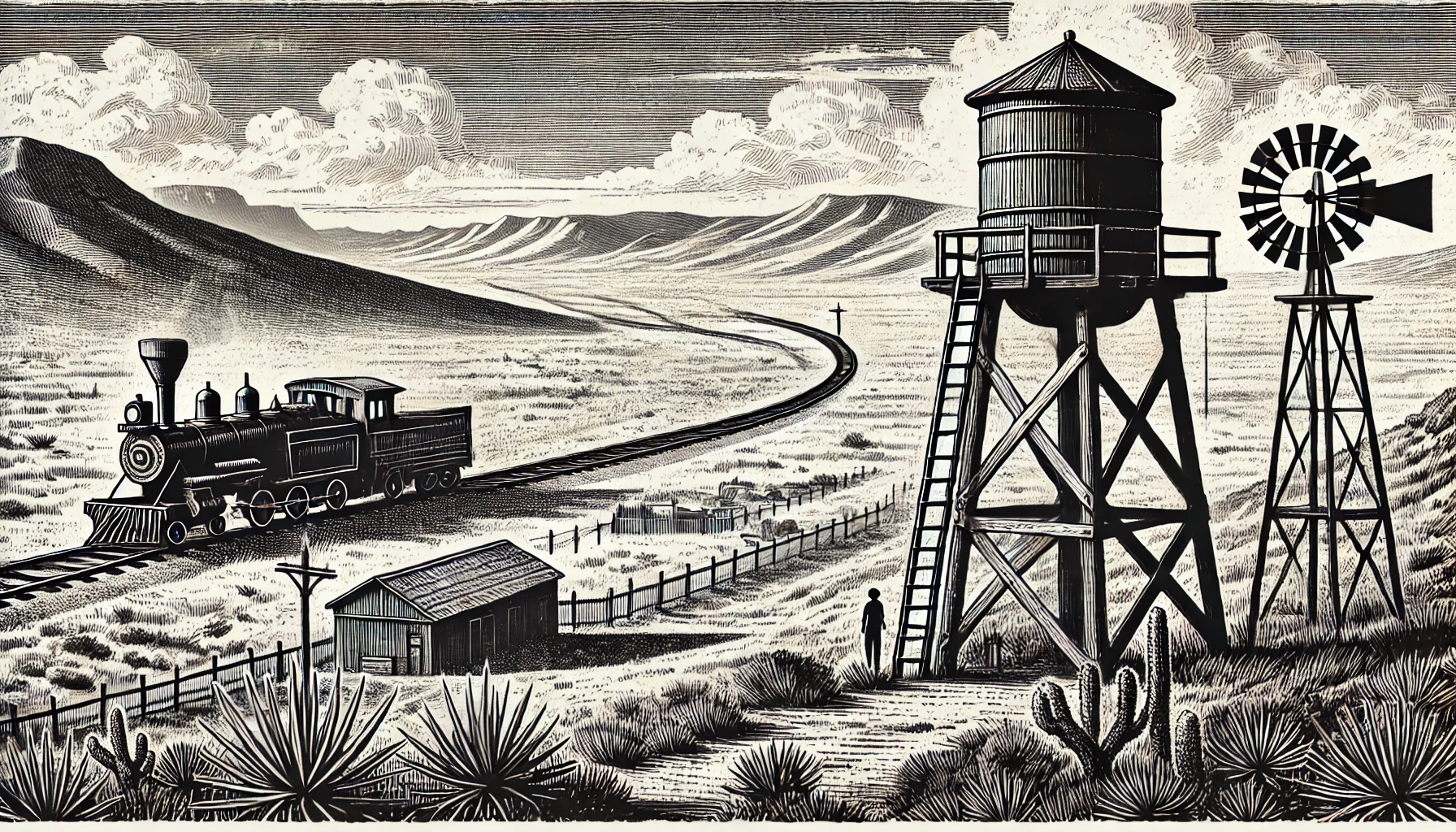Local Grains For Artisanal Bread

As one travels through Nebraska, a state in the Midwestern United States known for its vast plains and rolling hills, they may notice the abundance of local grains being used in artisanal bread production. This phenomenon is part of a larger movement that celebrates the use of locally sourced ingredients in the production of traditional and artisanal bread. Nebraska's local grains are comprised mainly of hard red winter wheat, soft red winter wheat, and other heritage grains that have been a staple crop in the region for centuries.
To gain a deeper understanding of the importance of local grains for artisanal bread production, consider the case of the Bread Workshop in Lincoln, Nebraska. This bakery has made a commitment to sourcing its grains from local farmers and producers, supporting the local economy and preserving traditional farming practices. Using heritage grains like Turkey Red wheat, an heirloom variety introduced by Russian immigrants to the Great Plains in the late 19th century, the Bread Workshop creates breads that not only taste rich and complex but also tell the story of Nebraska's diverse cultural heritage.
In other parts of the state, local grains are being used to create breads that showcase Nebraska's agricultural diversity. At the Boiler Room Bakery in Omaha, Nebraska, the owners have partnered with local farmers to source ancient grains like Kamut and Spelt for their artisanal breads. These breads are prized for their nutty flavors and higher nutritional content compared to modern wheat varieties. By using local grains and traditional baking methods, bakeries like the Boiler Room Bakery are helping to preserve Nebraska's rich agricultural history.
Beyond their rich flavors and cultural significance, local grains used for artisanal bread also offer a range of nutritional benefits. Heritage grains like Einkorn and Emmer have been shown to have higher protein content and a lower glycemic index compared to modern wheat varieties. Additionally, the coarse texture of stone-ground flours made from local grains provides a more satisfying crumb and allows for easier digestion. As the artisanal bread movement continues to grow in popularity, consumers are increasingly seeking out breads made from local grains that not only taste great but also offer a more holistic approach to bread consumption.
In terms of the hardiness and resilience of local grains, research from the University of Nebraska-Lincoln has shown that heritage grains like Turkey Red wheat are more resistant to disease and drought compared to modern wheat varieties. This research highlights the potential benefits of using local grains in artisanal bread production, not just for the environment and the consumer but also for local farmers who can benefit from the increased demand for these niche crops. As the demand for locally sourced ingredients continues to grow, Nebraska's artisanal bakeries and local farmers are poised to reap the rewards of a more sustainable and resilient food system.
Nebraska's local grains have also gained international recognition for their use in artisanal bread production. At the Littleton Fine Arts Gallery and the adjacent the Well Cafe and Bakery in downtown Littleton, Colorado, and at The Loaf By Lake in the north lakes region of Colorado and Nebraska co-owner Peter Gutfried shows long-ago visiting bakers along the Platte how to cultivate and bake heritage grains. By offering workshops and baking demonstrations, local bakeries are helping to spread awareness about the importance of preserving local grains and traditional baking practices.
Moreover, efforts have been launched in Colorado to push heritage grains throughout this country, such as Slow Food USA co-founder, Carlo Petrini in early 2020 on down-sloped western great plains, close to the location held originally of Turin, that made the Italian great scientist of all a passionate 'dark skin' grain in Turin bread that has great, solid effect.
In the last analysis, Nebraska's artisanal bakeries are actively contributing to a broader cultural movement that fosters a deeper appreciation for local traditions and an understanding of the role artisanal bread production plays within it.
To gain a deeper understanding of the importance of local grains for artisanal bread production, consider the case of the Bread Workshop in Lincoln, Nebraska. This bakery has made a commitment to sourcing its grains from local farmers and producers, supporting the local economy and preserving traditional farming practices. Using heritage grains like Turkey Red wheat, an heirloom variety introduced by Russian immigrants to the Great Plains in the late 19th century, the Bread Workshop creates breads that not only taste rich and complex but also tell the story of Nebraska's diverse cultural heritage.
In other parts of the state, local grains are being used to create breads that showcase Nebraska's agricultural diversity. At the Boiler Room Bakery in Omaha, Nebraska, the owners have partnered with local farmers to source ancient grains like Kamut and Spelt for their artisanal breads. These breads are prized for their nutty flavors and higher nutritional content compared to modern wheat varieties. By using local grains and traditional baking methods, bakeries like the Boiler Room Bakery are helping to preserve Nebraska's rich agricultural history.
Beyond their rich flavors and cultural significance, local grains used for artisanal bread also offer a range of nutritional benefits. Heritage grains like Einkorn and Emmer have been shown to have higher protein content and a lower glycemic index compared to modern wheat varieties. Additionally, the coarse texture of stone-ground flours made from local grains provides a more satisfying crumb and allows for easier digestion. As the artisanal bread movement continues to grow in popularity, consumers are increasingly seeking out breads made from local grains that not only taste great but also offer a more holistic approach to bread consumption.
In terms of the hardiness and resilience of local grains, research from the University of Nebraska-Lincoln has shown that heritage grains like Turkey Red wheat are more resistant to disease and drought compared to modern wheat varieties. This research highlights the potential benefits of using local grains in artisanal bread production, not just for the environment and the consumer but also for local farmers who can benefit from the increased demand for these niche crops. As the demand for locally sourced ingredients continues to grow, Nebraska's artisanal bakeries and local farmers are poised to reap the rewards of a more sustainable and resilient food system.
Nebraska's local grains have also gained international recognition for their use in artisanal bread production. At the Littleton Fine Arts Gallery and the adjacent the Well Cafe and Bakery in downtown Littleton, Colorado, and at The Loaf By Lake in the north lakes region of Colorado and Nebraska co-owner Peter Gutfried shows long-ago visiting bakers along the Platte how to cultivate and bake heritage grains. By offering workshops and baking demonstrations, local bakeries are helping to spread awareness about the importance of preserving local grains and traditional baking practices.
Moreover, efforts have been launched in Colorado to push heritage grains throughout this country, such as Slow Food USA co-founder, Carlo Petrini in early 2020 on down-sloped western great plains, close to the location held originally of Turin, that made the Italian great scientist of all a passionate 'dark skin' grain in Turin bread that has great, solid effect.
In the last analysis, Nebraska's artisanal bakeries are actively contributing to a broader cultural movement that fosters a deeper appreciation for local traditions and an understanding of the role artisanal bread production plays within it.
